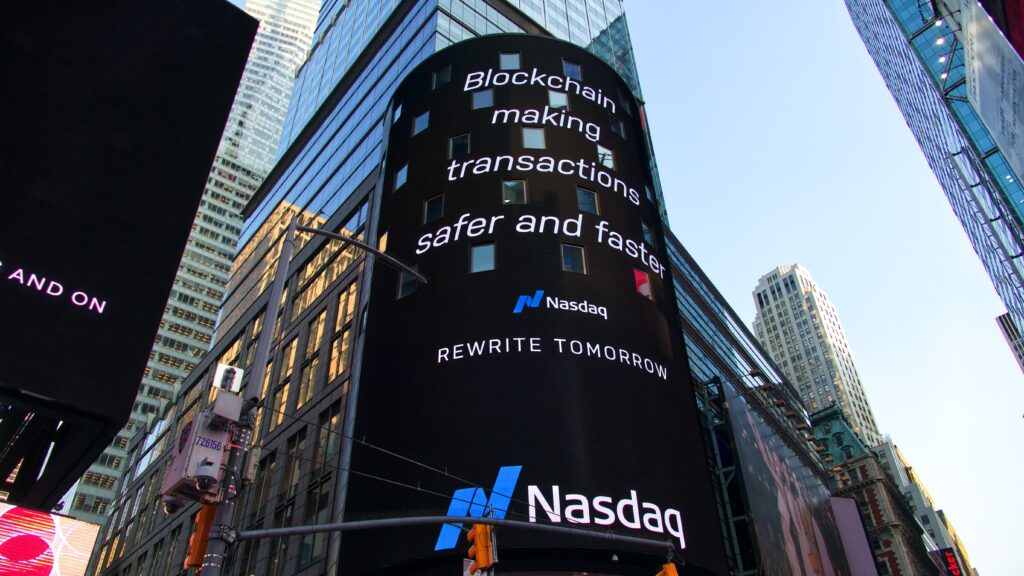Japan is set to reclaim its leadership in the global technology industry, propelled by blockchain gaming projects. Having been overshadowed by the United States and China in the last few years in the tech area, the nation with rich gaming intellectual properties led by giants like Nintendo and SEGA and culturally ingrained tech infrastructure is seeking growth opportunities.
Japan’s blockchain gaming shines as a hope
In April, the ruling Liberal Democratic Party of Japan introduced a white paper suggesting policies to boost the nation’s crypto industry. This was also in the same line with the incumbent Prime Minister Fumio Kishida’s stance on technology, in part of the strategy “Cool Japan“.
The white paper noted changes in tax regulation, exempting heavy taxes imposed on issuers of unrealised tokens, which was a big breakthrough for corporates running blockchain businesses. The white paper also mentioned the establishment of stablecoin regulations, stressing the importance of stablecoin registration and self-regulatory frameworks.
Amidst changes, Japan’s most significant crypto conference, “IVS Crypto 2023”, held in Kyoto, was an important event to see the country’s potential in blockchain gaming. Kishida, who participated in the event, said during his speech that blockchain is at the centre of the “new economy,” the ruling party member Masaaki Taira discussed the importance of gaming in developing the Web3 industry.
Blockchain in Japan
The event was also where ongoing, developing blockchain gaming projects were introduced. OASYX, a blockchain main net established in October 2022, was one of the blockchain platforms that gained attention with various partnerships and projects this year. On its Ethereum hard-forked consortium blockchain system, game developers can make their universes to issue tokens, make bridge contracts, and operate their software.
Ubisoft, known for its hit game franchises Assassin’s Creed and Far Cry, said at the event that it is releasing “Champions Tactics” on OASYX. Japanese information technology company DMM also announced that it is set to launch its blockchain game “Coin Musume” this year on the same system. OASYX also collaborated with Bandai Namco Entertainment to develop a non-fungible token project where players can nurture baby dragons, recreating the 1990s nostalgia of Japan’s Tamagotchi trend on a blockchain platform.

“Poikatsu”
Along with policy changes, several reports focus on aspects of Japanese culture that may hold huge potential for blockchain gaming’s success, such as “poikatsu”. Poikatsu is a portmanteau of “point” and “katsudou (translated to ‘activity’)”, referring to content that encourages players to accomplish daily missions to earn rewards. According to a report from CoinDesk, approximately 40 per cent of people are doing poikatsu to gain small, easily achievable rewards in Japan.
If linked to blockchain gaming, this can be transferred to the concepts of “Play to Earn (P2E)” or “Something to Earn (X2E)”, prompting players to accomplish quests or goals to gain incentives. A similar, successful case backed by this cultural element was STEPN, a Web3 running app where users can collect NFTs by exercising. Attracting a big user base in Japan, STEPN managed to collaborate with famous Japanese brands like ASICS.
Reliable regulations and partnerships with Gaming Titans
Japan’s regulatory system is another aspect to note when estimating its potential in blockchain gaming. As introduced in the white paper in April, the country has been establishing rules and regulations for the Web3 business. With lower tax barriers for corporates and clear instructions, this may attract more established blockchain companies to enter the country’s market. The country’s strong regulations regarding Web3 were noticed by many when FTX, one of the world’s biggest crypto exchanges, collapsed in February. The Wall Street Journal reported that the exchange was able to execute full withdrawals only in the Japan unit.
Various partnerships with gaming titans of well-known IPs seem to shine a positive light on the country’s blockchain gaming prospect. As of June, OASYX was said to have more than 20 game developers as crypto node operators. Intella X, a blockchain gaming platform based in Southeast Asia, announced its partnership with Eureka Entertainment Ltd, a company currently building “Coin Musume”.
Backed by its cultural elements, well-known gaming IP legacy, robust Web3 regulations and partnerships with global companies, Japan may hold more opportunities to step up in the worldwide tech competition through blockchain games.



